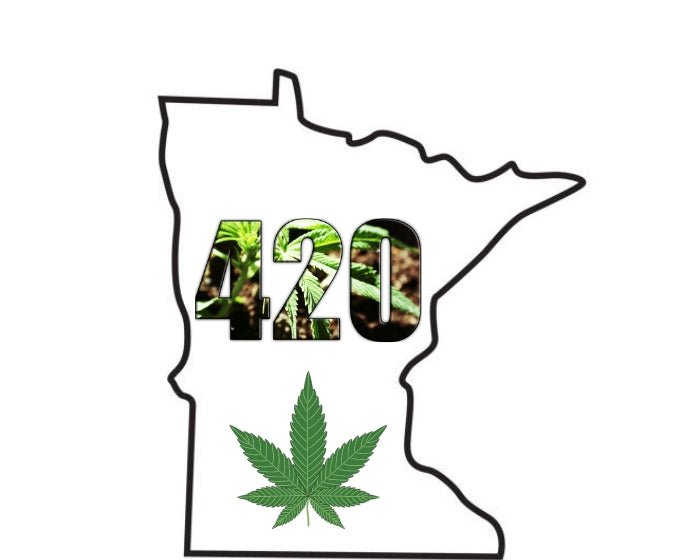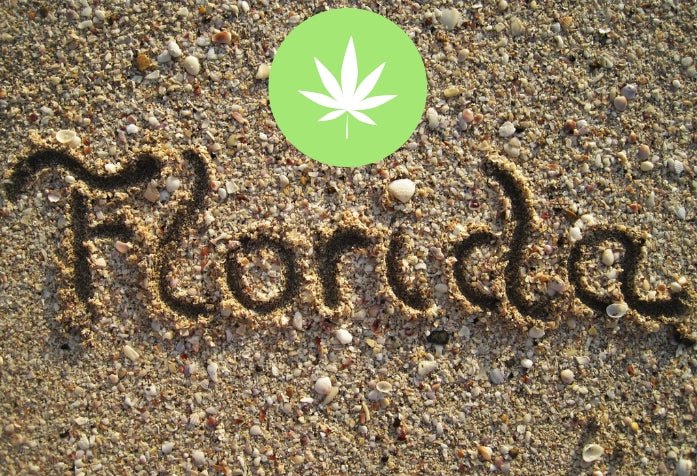After weeks of lobbying by hemp industry advocates, stakeholders, and business owners, legislators have finally relented on their position to restrict THC levels.

After numerous discussions with stakeholders and advocates from the Florida hemp industry, lawmakers have decided to remove a provision that would have placed punitive limits on the THC levels in hemp-derived products.
Numerous local and national media outlets are reporting that following a month-long debate among state legislators, industry experts, and many passionate hemp business owners, sponsors of House Bill 1475, a new law designed to help regulate the Florida hemp industry, have decided to remove all caps on THC levels in hemp-derived products.
During the committee meeting this past Monday, the sponsor of the measure, Manatee County House Republican Will Robinson Jr., summed it up best by saying, "All caps are O.U.T., Out." Much to the collective joy of those hemp small business owners in attendance, the amendment removing all references to a limit on THC serving sizes and package limits is a welcome relief.
"All caps are O.U.T., Out."
- Manatee County House Republican Will Robinson Jr.
For weeks advocates and industry watchers had been warning lawmakers of the potentially devastating effects of implementing such harsh and restrictive limits. Florida's hemp industry employs nearly 200,000 people and comprises almost 10,000 small businesses. According to economists, the economic impact of the previously proposed limits of 5 MG per serving and 50 MG per package size would have decimated the still-developing market.
After witnessing the events of the committee proceedings, Florida Cannabis Action Network president Jodi James happily said, "We've sure come a long way on this one."
"We've sure come a long way on this one."
- Florida Cannabis Action Network President, Jodi James
The regulatory legislation's impetus centers around the controversial and polarizing delta-8 THC variant. Following the passage of the Farm Bill in 2018, hemp was removed from the Controlled Substances List, and it became legal to cultivate the plant and manufacture and sell products derived from it, including those containing delta-8.
Unfortunately, Congress needed to provide more in the way of a regulatory framework for the onslaught of new and innovative hemp-derived products that hit the market after the Farm Bill's approval.
This lack of foresight led to the production of a synthetically-derived version of delta-8 THC, which occurs naturally in hemp and cannabis but at minuscule levels, that has led to several tragic medical emergency incidents, including the death of a Virginia toddler last fall. In response to the flood of largely unregulated and potentially hazardous hemp-based products containing delta-8, at least 20 states have passed laws severely restricting or altogether banning the THC isomer.
The desire to protect the public, especially children, from these products is a galvanizing motivation for all interested parties, especially hemp farmers, manufacturers and retailers in Florida. However, in their zeal to solve the problem, lawmakers went a step too far.
They attempted to impose drastic restrictions on all THC levels in hemp products, including delta-8 and its more famous cousin delta-9 THC (the variant associated with the "high" of ingesting cannabis). Nevertheless, Monday's course correction is a positive step in the right direction for many heavily invested in the industry.
William Clark from the Florida Libertarian Party expressed it best when he extolled the lawmakers for their intelligent and thoughtful decision to amend the law by saying, "You did a great job—saved a lot of businesses."
"You did a great job—saved a lot of businesses."
- William Clark, Florida Libertarian Party
The proposed statute will still contain provisions prohibiting individuals under 21 from purchasing hemp-based items containing delta-8 THC, a stipulation all parties resoundingly support. Likewise, the bill will keep its packaging, labeling, and testing requirements and ensure all hemp products are "not attractive to children."
The newly amended bill now reflects a more balanced approach to common sense regulation of the hemp industry in Florida. However, the measure must still finish its journey through the committee hearing process before hitting the House floor for a vote.
Furthermore, the Senate version of the bill, SB 1676, will also need to be amended to reflect the newly adjusted language of its House counterpart. However, both bills are expected to match up and eventually receive majority support in both chambers. It will then be up to Republican Gov. Ron DeSantis to sign the legislation.
The battle over how to properly manage and regulate the ever-evolving and rapidly growing hemp market is a challenge facing all state leaders as more innovative and boundary-pushing product offerings arrive on store shelves nationwide. Congress could also have a say in how the burgeoning industry develops and matures when the new Farm Bill comes up for debate and approval later this year.
Hopefully, all decision-makers and legal minds will approach the issue the way Florida has this past month. Through listening, compromising, and leading, lawmakers averted a potential disaster that could have ended the hemp industry before it even had a chance to flourish.








































